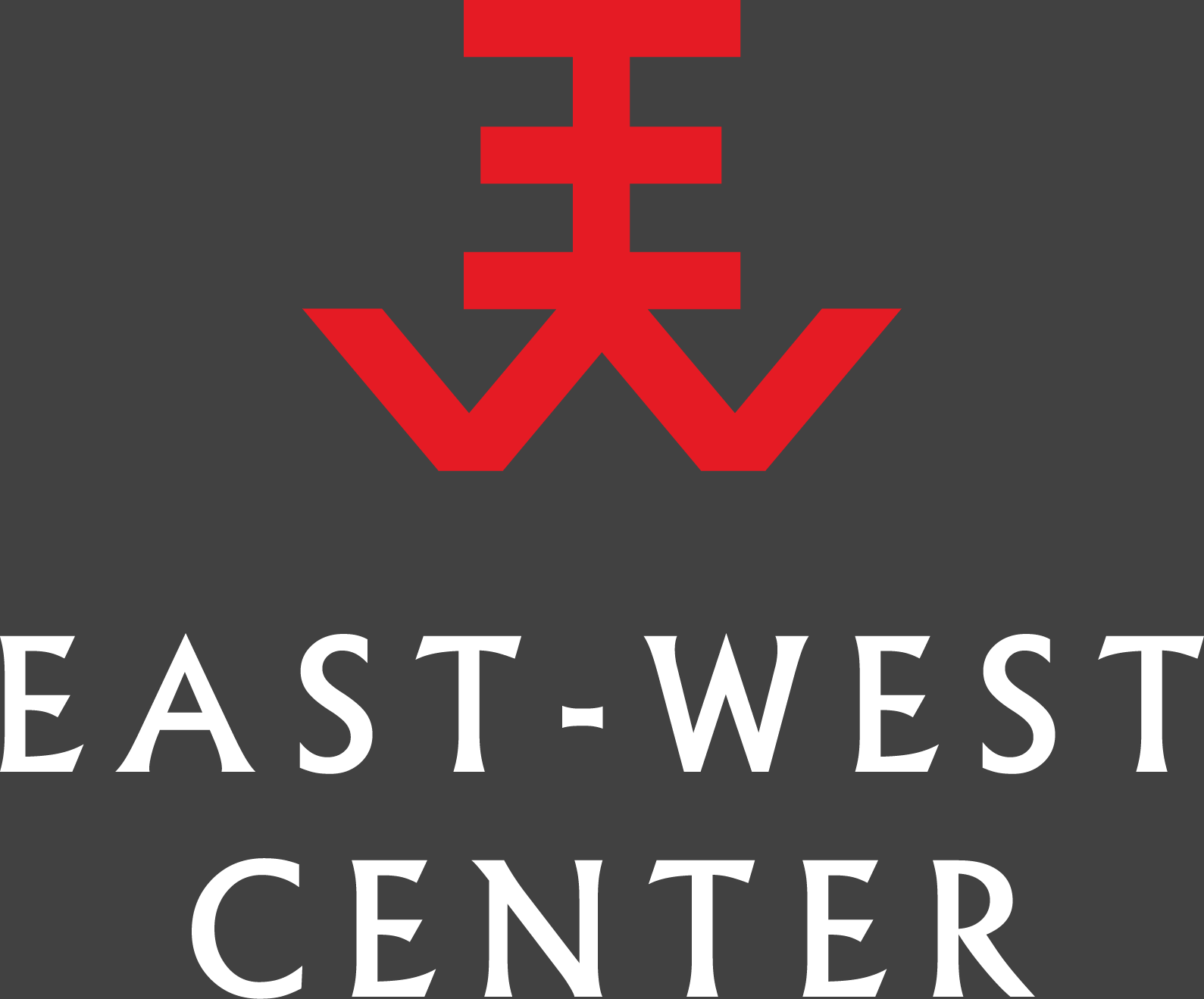Scroll over a highlighted country for information about the status of North Korean workers there. Inclusion on this map does not necessarily imply that a country is currently hosting North Korean workers.
►▼ Where is this data from?
This data is collected from country reports to the UN's 1718 Committee on North Korea sanctions; a U.S. government advisory listing countries which host North Korean laborers; and a variety of other reports examining the issue of North Korean overseas workers. The above spreadsheet includes more detailed country summaries, as well as a list of major reports on this topic.
►▼ How reliable is this data?
This chart is based on the best information available to the authors. However, information on the current status of North Korean workers in many countries is not necessarily up-to-date. Additionally, while many countries claim that they no longer issue work visas for North Koreans and have repatriated all North Korean workers from their territory, North Koreans may be working illegally in a number of countries, either with or without the tacit support of those countries' governments.
►▼ How many North Koreans are believed to work overseas?
North Korea's practice of sending workers overseas to earn hard currency for the regime appears to have peaked in the 2010s. Estimates of the number of North Koreans overseas during this period vary considerably. Some researchers, as well as a 2015 report by the UN Special Rapporteur on Human Rights in the DPRK, cite roughly 50,000 overseas workers. Other analysts have given larger estimates, ranging as high as 120,000 overseas workers. A fact sheet published by the U.S. Mission to the UN in 2017 cites nearly 100,000 overseas workers, bringing in revenue of over $500 million annually. The U.S. estimated that 50,000 of these workers were in China, 30,000 were in Russia, and the remainder were in various other countries.
Successive UN Security Council resolutions have imposed progressively stronger sanctions on the employment of North Korean laborers. UN Security Council Resolution 2397, adopted in December 2017, required member states to repatriate all DPRK nationals earning income in their territory within 24 months. As of December 22, 2019, the UN Security Council therefore mandates that countries cannot host DPRK nationals earning income in their territory, or DPRK officials responsible for monitoring such workers.
Nonetheless, some number of North Korean workers are believed to remain in countries including China and Russia on student or tourist visas, and to be working illegally with authorities turning a blind eye. Estimates of the total number of North Koreans illicitly working overseas in this manner are not readily available.
►▼ What type of work do overseas North Koreans conduct?
North Korean overseas workers have typically worked in industries such as construction, logging, textile manufacturing, construction, and mining. North Korean IT workers abroad have been linked to the country's malicious cyber activities as well as more conventional kinds of work to earn foreign currency. Additionally, the North Korean government has operated an international chain of what was once an estimated 100 restaurants run by North Korean staff, and North Korean doctors are posted at a number of medical clinics that have been established in parts of Africa and Asia. North Korea's Mansudae Overseas Projects group has sent staff abroad for the construction of large sculpture and art projects. Some North Korean military personnel have also been posted abroad to provide foreign militaries and police forces with training.
North Korea's overseas workers are typically closely managed by DPRK state-run enterprises, which contract with foreign partners to provide labor. While conditions may vary from place to place, human rights advocates note that North Korean overseas workers often labor under intense conditions, face restrictions on their movements, and keep little of their wages. Other analysts argue that work abroad nonetheless provides North Koreans with the opportunity to earn more money than they could at home, and that foreign work is often seen as desirable within North Korea.
There are also a number of undocumented North Koreans working abroad -- principally in China -- who have fled their country and are therefore not under the control of state-run entreprises. Due to their vulnerable status, undocumented North Korean women are often subject to sex trafficking or forced marriage. Undocumented North Koreans in China also reportedly work in industries such as construction, textile manufacturing, hotels, and restaurants.





